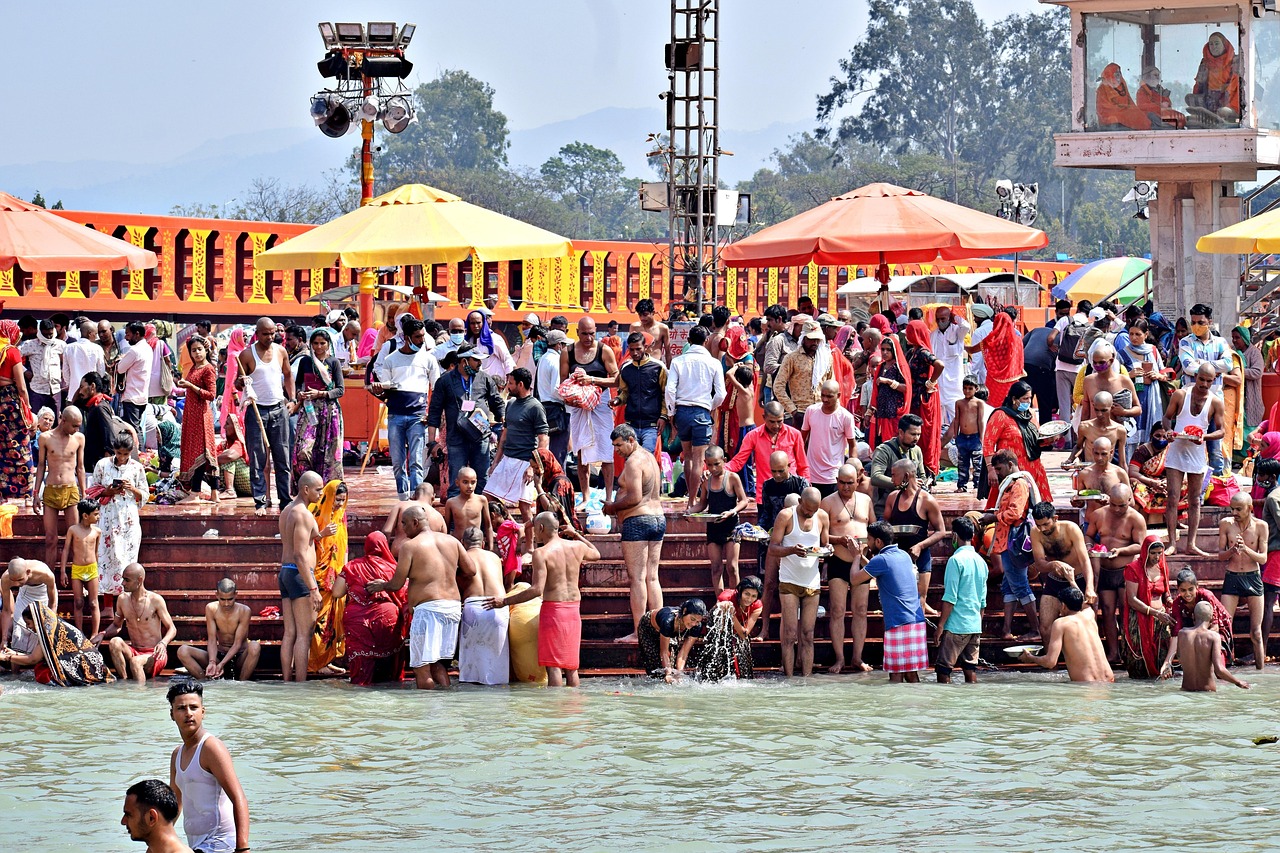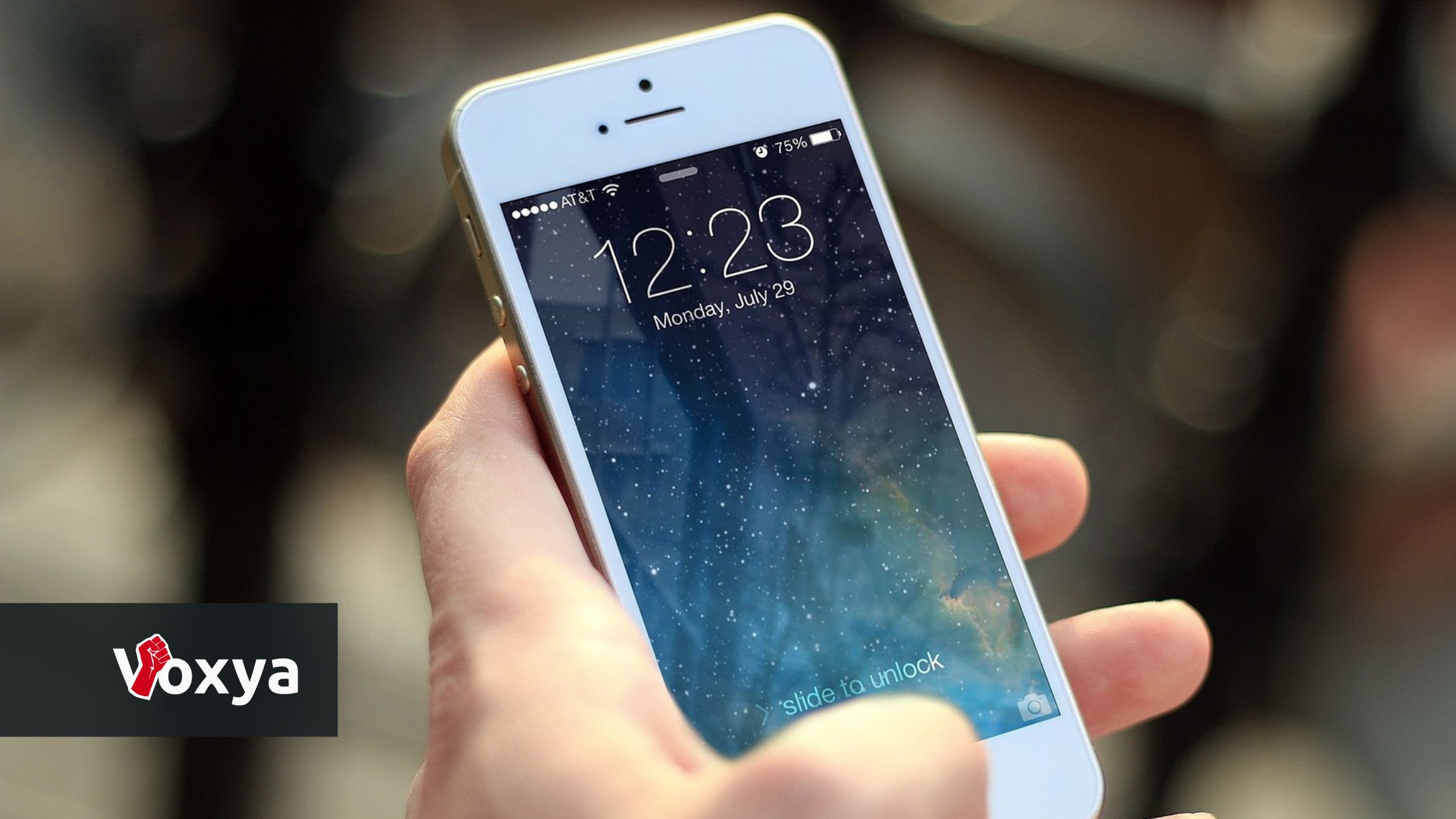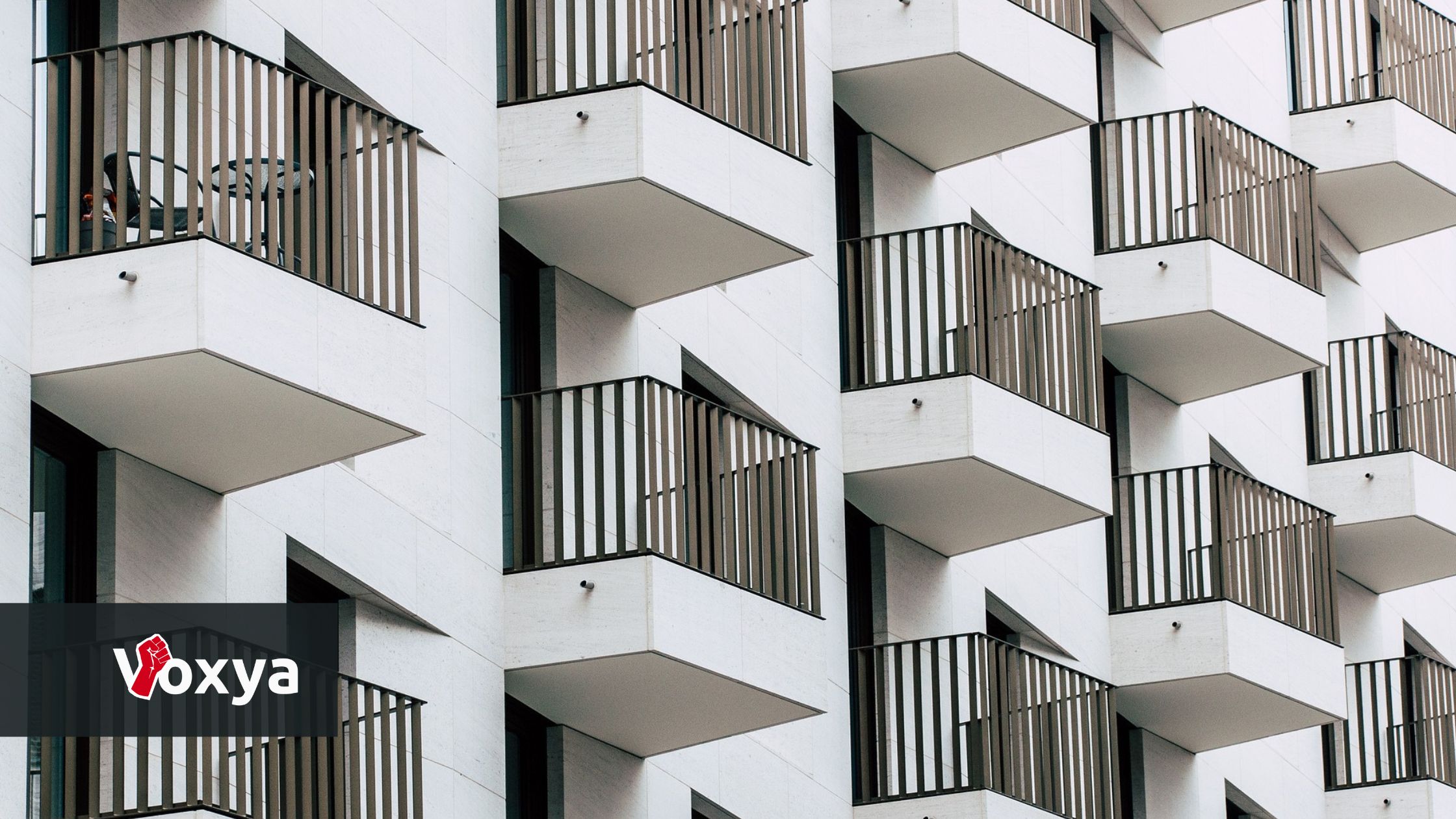The Maha Kumbh Mela is one of the largest religious festivals in India, celebrated every twelve years. In 2025, Maha Kumbh Mela will take place in Prayagraj (Allahabad), Uttar Pradesh, from January 13 to February 26 2025.
This religious festival attracts millions of pilgrims who come to bathe at the sacred Triveni Sangam, where the rivers Ganga, Yamuna, and the mythical Saraswati meet.
The event is not only a spiritual journey but also a cultural celebration in Hinduism.
Maha Kumbh Mela 2025 promises to be a historic gathering that not only showcases India’s rich spiritual heritage but also brings together people from diverse backgrounds in a celebration of faith.
In January 2025 millions of Devotees are expected to attend this grand event, filled with devotion, culture, and religious spirit.
Important Bathing Dates for Maha Kumbh Mela 2025
Knowing the relevant bathing dates and planning your visit around less crowded times can enhance your experience. Here are the important dates for taking holy baths during the Maha Kumbh Mela 2025:
- Holy bath on Paush Purnima on January 13, 2025
- First Shahi Snan (Royal Bath) on Makar Sankranti on January 14, 2025
- Second Shahi Snan on Mauni Amavasya on January 29, 2025
- Third Shahi Snan on Basant Panchami on February 3, 2025
- Holy bath on Achla Saptami on February 4, 2025
- Holy bath on Maghi Purnima on February 12, 2025
- Final Snan on Maha Shivratri on February 26, 2025
These dates are significant as they are believed to be auspicious for taking holy baths. It is beleived that taking holy baths cleanse sins and promote spiritual liberation (Moksha).
Significance of Maha Kumbh Mela
The Maha Kumbh Mela is rooted in Hindu mythology. It celebrates the victory of gods over demons during the churning of the ocean for nectar. The event is an opportunity for devotees to seek forgiveness and spiritual purification through sacred baths.
The Mela features various rituals and ceremonies, including:
- Processions of ascetics and saints.
- Traditional performances and cultural activities.
- Special rituals led by holy men known as Naga Sadhus during the Shahi Snan.
Preparations for Maha Kumbh Mela 2025
The Uttar Pradesh government is making extensive preparations for this grand event. Key features include:
- A budget of approximately ₹6,382 crores for infrastructure and safety measures at the Maha Kumbh Mela.
- Enhanced healthcare facilities for devotees.
- Digital innovations to improve navigation and crowd management.
- A focus on cleanliness and environmental conservation.
What are the key bathing dates for Mahakumbh 2025?
The key bathing dates for the MahaKumbh Mela in Prayagraj are as follows:
| Events | Bathing Date |
| Paush Purnima (Holy Bathing) | January 13, 2025 |
| Makar Sankranti (First Shahi Snan) | January 14, 2025 |
| Mauni Amavasya (Second Shahi Snan) | January 29, 2025 |
| Basant Panchami (Third Shahi Snan) | February 3, 2025 |
| Achla Saptami (Holy Bathing) | February 4, 2025 |
| Maghi Purnima (Holy Bathing) | February 12, 2025 |
| Maha Shivratri (Final Snan) | February 26, 2025 |
These dates are considered highly auspicious for taking a sacred dip in the holy rivers at the Triveni Sangam, believed to cleanse sins and promote spiritual upliftment.
How can I travel safely to Prayagraj for Mahakumbh 2025?
To travel safely to Prayagraj for the Maha Kumbh Mela 2025, here are some essential tips and information:
- By Air: The nearest airport is Bamrauli Airport in Prayagraj, which connects to major cities like Delhi and Mumbai. Alternatively, you can fly into Varanasi Airport (120 km away) or Lucknow Airport (200 km away), then take a taxi or train to Prayagraj.
- By Train: Prayagraj Junction is a significant railway hub with good connectivity. Special trains will be available during the Maha Kumbh Mela 2025, so booking in advance through IRCTC is advisable.
- By Road: Prayagraj is accessible via state-run and private buses. If driving, the city is connected by well-maintained highways. Expect a one-way traffic system on major routes to manage the influx of visitors.
Local Transportation
Once in Prayagraj, various transportation options will be available:
- E-Rickshaws and Shuttle Buses: The UP government will provide e-rickshaws and shuttle buses for easy travel within the Mela area. Approximately 550 shuttle buses and 20,000 e-rickshaws will operate during this grand event.
- Local Buses and Auto-Rickshaws: These will connect different parts of the city and Mela grounds at moderate prices.
- Cycle Rickshaws: A traditional option for short distances within the city.
What are the best times to avoid crowds at the bathing ghats?
Be aware that peak bathing hours can get chaotic, so it’s best to avoid these times if you wish for a calmer atmosphere. To avoid crowds at the bathing ghats during the Maha Kumbh Mela 2025, consider these best times to visit:
- Early Morning: Arriving at the bathing ghats early in the morning is highly recommended. This is when crowds are typically smaller, allowing for a more serene experience. Aim to be there between 5 AM to 7 AM.
- Non-Main Days: If you prefer a quieter experience, visit on non-main days rather than during the Shahi Snan (Royal bath) days. These days tend to attract the largest crowds due to their spiritual significance.
- Late Afternoon: Another good time to visit is late afternoon, between 4 PM to 6 PM. Crowds often decrease as people start to leave after the day’s activities.
Safety Tips for Maha Kumbh Mela 2025
- Plan Ahead: Book your travel and accommodation early, as demand will be high. Consider packages that include transport, stay, and meals to avoid last minute surprises.
- Stay Hydrated and Healthy: Drink only bottled or filtered water, and eat from hygienic food stalls to avoid health issues. Carry a small first-aid kit with personal medications.
- Be Mindful of Your Belongings: With large crowds, keep your valuables secure to avoid theft. Use waterproof bags for your belongings, especially if rain is expected.
- Respect Local Customs: Participate respectfully in rituals and ceremonies. Seek permission before photographing people or events.
- Comfortable walking: Keep warm cloths and comfortable shoes for walking long distances.
- Track routes: Always have a charged mobile phone with GPS for navigation.
- Check Hotel Review: Before booking accommodations, check recent reviews to ensure the quality of service and amenities.
- Stay close: Book accommodation that is within a reasonable distance from the Mela grounds to avoid long travel times.
In case of any complaints, you can contact Mela Police by phone at 1944 or call Maha Kumbh Mela Helpline number 1920. You can register your lost and found complaints at the mela itself by approaching to Police booths on-site.



